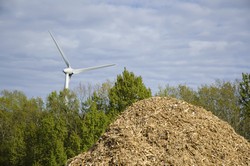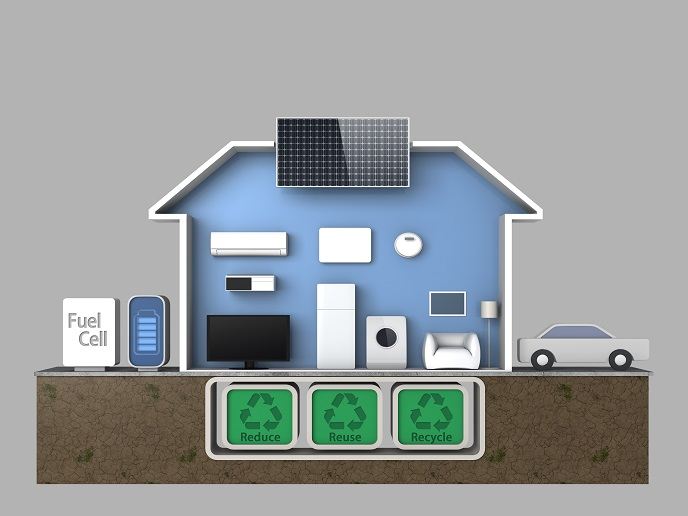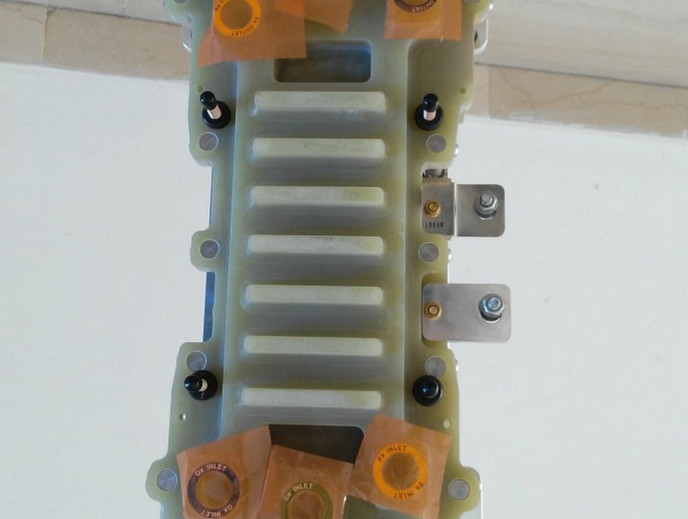Forest biomass for energy
Forestry activities such as tree felling and wood harvesting leave behind biomass-rich residues and waste that could be used to produce bioenergy or biofuels. To supply forest biomass efficiently, new management and technology tools need to be developed throughout the supply chain. In addition, the impact of such activities on soil carbon dynamics, biodiversity, nutrient balances, and forest growth and productivity needs to be assessed. The EU-funded INFRES(opens in new window) (Innovative and effective technology and logistics for forest residual biomass supply in the EU) project developed new harvesting, transport and storage technologies to supply forest residual biomass to EU countries with minimal environmental impact. INFRES developed a computational tool that compares cost, fuel consumption and carbon dioxide emissions from machinery used in common fuel wood supply chains. Researchers also assessed the most suitable places for storing fuel wood and the best method and time to dry woody feedstock. By doing this, they developed new fuel-efficient solutions that decrease fossil energy consumption and reduce raw material losses in the entire forest biomass supply chain. They found, for example, that using larger chip trucks lowers transport costs, while hybrid technology in wood chippers reduces fuel consumption. Removing impurities such as sand and soil from woodchips also makes transport more efficient. In addition to improved technology, INFRES developed flexible fleet management systems to run the harvesting, chipping and transport operations. Project partners also devised innovative business models that mutually benefit several sectors. One of their suggestions was to dry biomass by using the excess heat generated by other businesses. Another was for entrepreneurs to jointly store and deliver chippings to their clients, reducing overall transport distances and costs. Mobilising residual forest biomass for energy may be an efficient path to reach ambitious EU climate and energy goals. Sustainable and reliable supply of forest feedstock should benefit the heating, power generation and biorefining industries while making the European economy more competitive.







